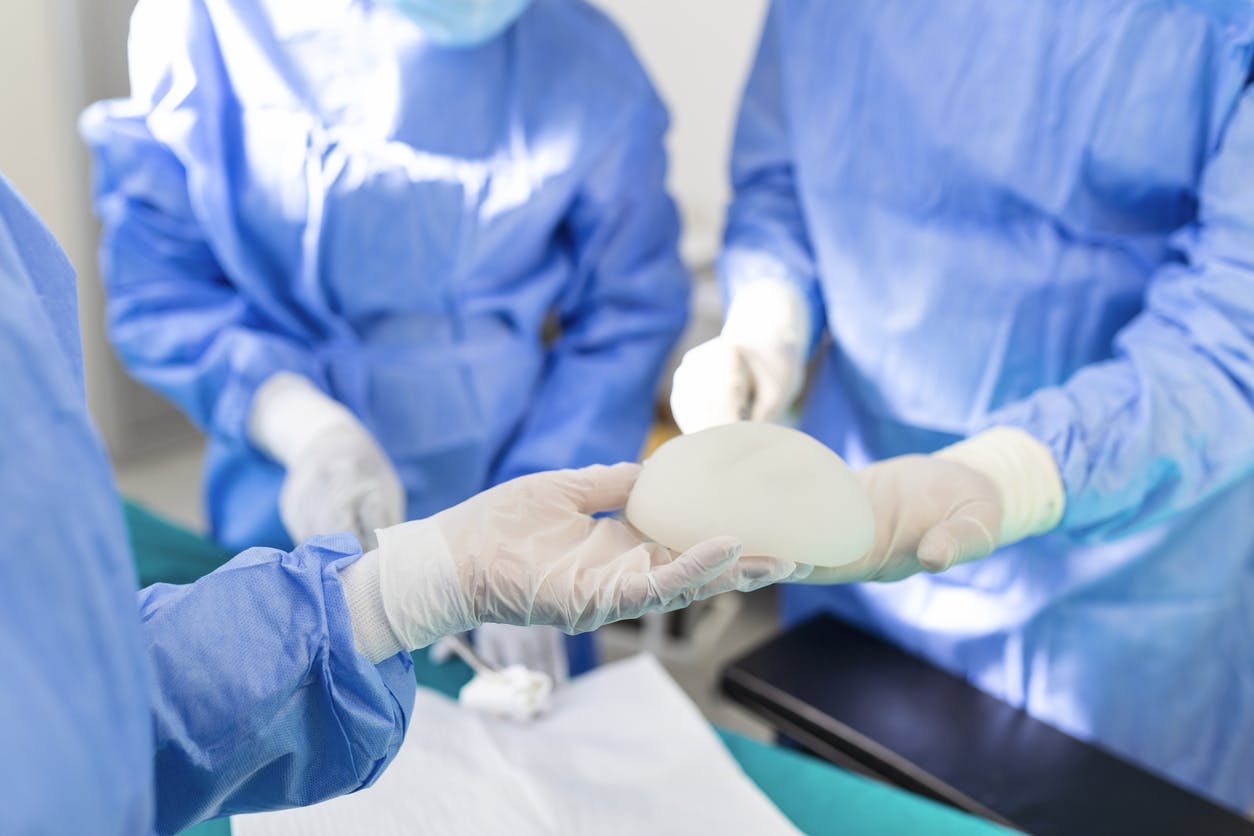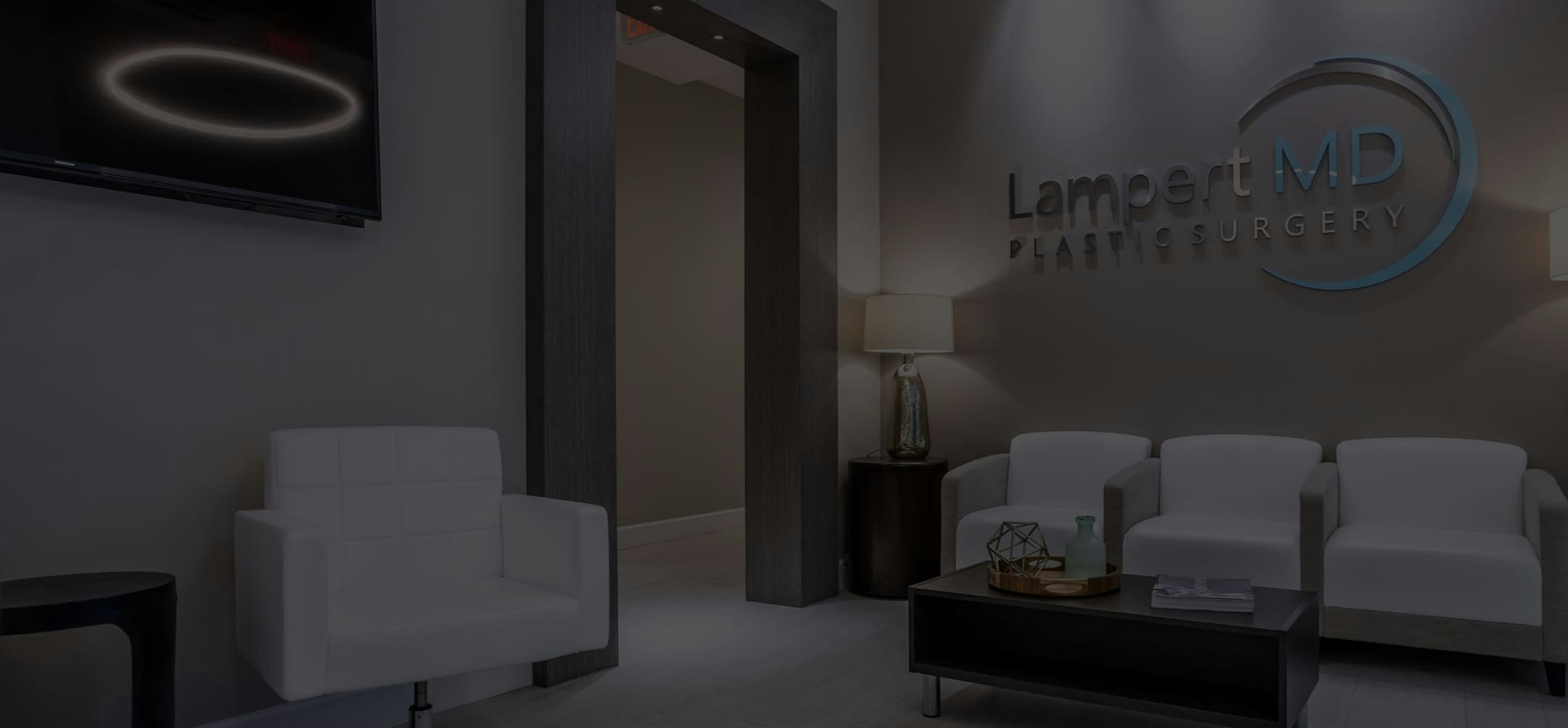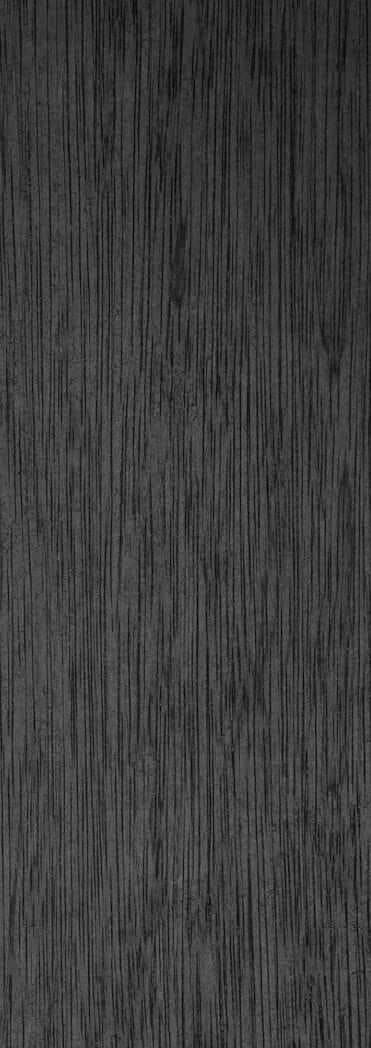The formation of a "capsule" of scar tissue around any foreign object (medical or cosmetic) in the body is a standard part of the body’s healing process. The body naturally tries to isolate and protect any object that enters the body by creating an amalgam of scar tissue around it. With breast implants, this process is vital, as the capsule ensures that the breast implants are kept in place and don’t slip.
In some cases, however, this natural capsule made of scar tissue can become excessively hard and start to contract around the implant, causing the patient a great deal of pain. Beyond the immense pain, it can also be considered a cosmetic issue, as it can affect the appearance of the breasts. Research data indicates that approximately one out of every six patients who undergo breast augmentation will experience some amount of capsular contracture. That said, not all will display noticeable symptoms.
In most cases, capsular contracture develops during the healing process following a breast procedure. Around 75% of all cases of capsular contracture happen within the first two years after undergoing a breast procedure. In some cases, however, the condition can develop several years after the patient has undergone their breast treatment. This is most often the result of a ruptured implant.
















